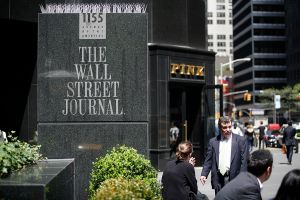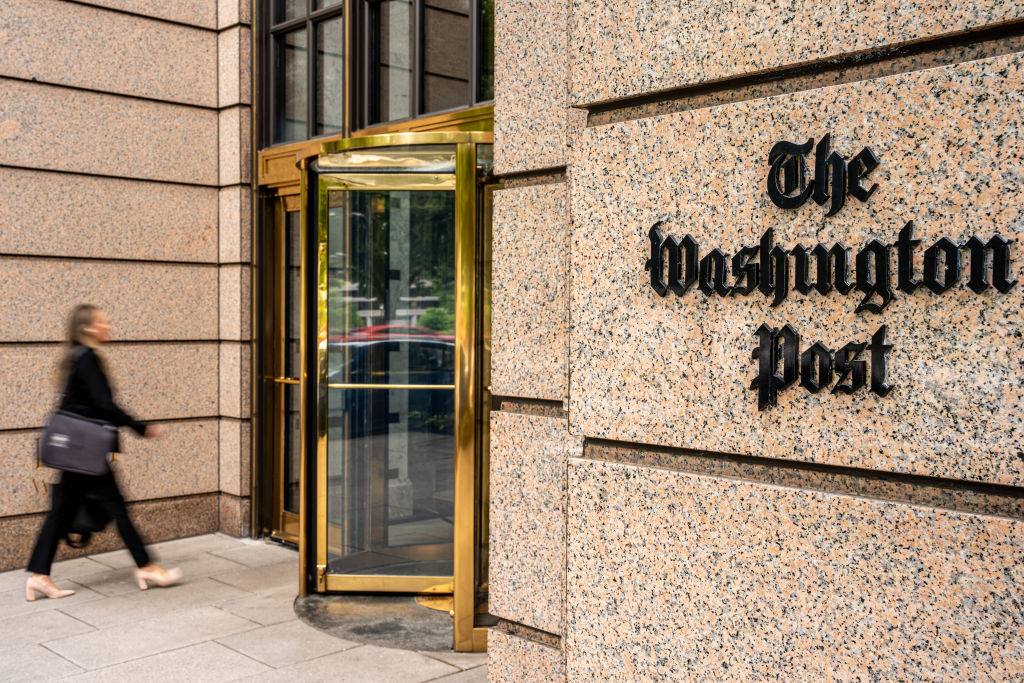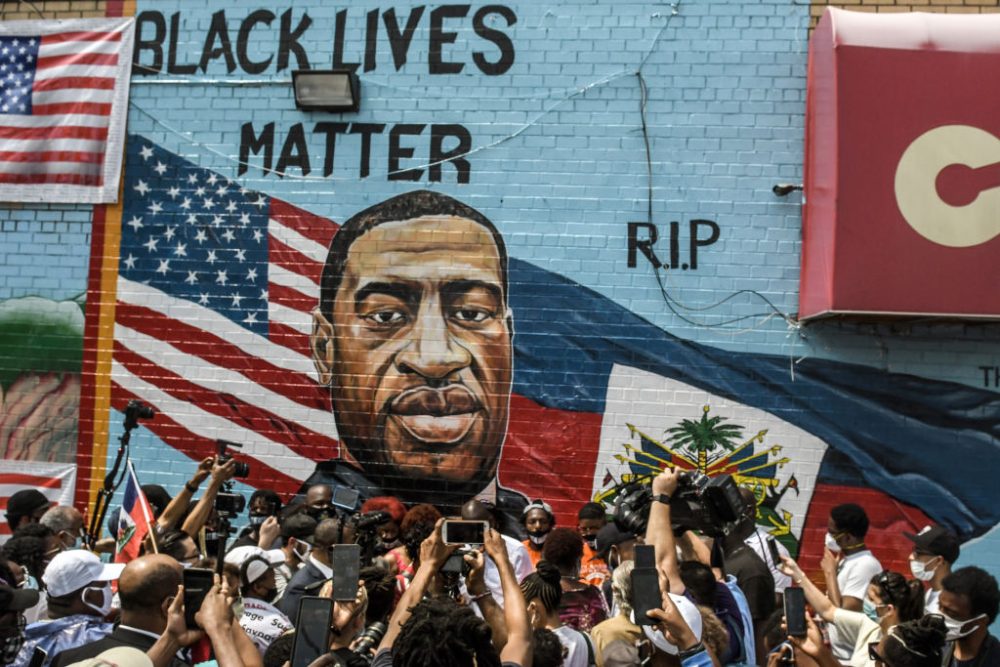Some years ago I was introduced to one notion of how to tackle dishonest and insincere accusations of racism. The idea was not just that there should be a social cost to making a dishonest claim, but that the cost should equal that borne by somebody who is accurately and correctly identified as a racist. Without such a disincentive, there is no reason (other than decency and honesty, which may sometimes be in short supply) for people not to level such accusations insincerely.
Since Monday night I have been wondering, amid much else, whether some similar aspiration could be encouraged regarding hate crimes.
In recent days and weeks there has been much comment on the case of Jussie Smollett. He is of course the actor from Empire who last month claimed that he had been the victim of a racist and homophobic attack when two men leapt on him outside a branch of Subway in the early hours of the morning. From the moment the story broke a lot of things seemed strange about it. Smollett said he had finished up with a rope around his neck, but was still holding on to his Subway sandwich. Early claims that the attackers in Chicago had talked about ‘MAGA’ (Make America Great Again) seemed too much.
It couldn’t have been better for some people. Nancy Pelosi and other leading Democrats tried to pin the hate crime on the White House. In a frankly horrible piece of self-aggrandizing, sandpaper-voiced publicity-seeking, an actress called Ellen Page – with the complicity of Stephen Colbert – auditioned for chief weaponizer of the hate crime. Perhaps just as Pelosi has had to use the delete button on her Twitter account, so Colbert and Page may now be wishing their attribution of blame against the Vice President hadn’t gone quite so viral. In her potty-mouthed way Page had insisted that, ‘There [bleep] isn’t a debate’ over whether what happened to Jessie Smollett was a hate crime or not.
Except that there was, and is, a debate. Chicago police have questioned two big Nigerian men who police seem to think may have been recruited by Smollett to fake the hate crime on himself. We’ll see. Perhaps the claim that Smollett wanted to ensure he remained in Empire played a part in it. Perhaps it is even worse than that. In any case, the internet has had a field day with the fact that the mainstream press, major politicians and celebrities jumped on the Smollett case before anything was clear. It is possible it may now be added to the growing list of faked hate crimes in the US. The journalist Andy Ngo has provided a useful list of some such cases here, and it is just extraordinary. Cases like the pro-gay Episcopal church in Indiana which was vandalized with ‘Heil Trump’ graffiti after the election. Like the Smollett case, this too was leaped upon on this as a demonstration of the new fascist era, until it turned out that the culprit was in fact the gay organist at the church.
_____
More like this: Like Spectator USA on Facebook
_____
Anyhow, I’m willing to laugh and sigh about these lunatic cases as much as the next person. And I can be as exasperated as anybody else when, after such claims unravel, a barely embarrassed claque still insists that, while not actually true, the faked hate crime does point to (or shouldn’t distract from) some wider truth.
But then something happens that is real and you realize an even greater bit of damage that such faked hate crimes cause. A damage which should mean we don’t just laugh them away.
On Monday night in London’s Soho, Maajid Nawaz was assaulted by a stranger. While Maajid wasn’t looking the stranger, who was white, called him a ‘fucking Paki’ and punched him in the face. Maajid has related the events on Twitter here and people will be able to see the severe facial injuries this has caused him. As is often the case people in real life behaved wonderfully. Passers-by heard the insults, witnessed the assault and have given their descriptions of the attack and the assailant to the police. Since there is apparently some CCTV footage, hopefully this racist thug and criminal will soon be caught.
Online, as is also so often the case, the worst of people was on show. Obviously there was crowing from the Islamists who hate Maajid for calling out their own sickness. Such people were all over Twitter blaming Maajid for the attack on himself, or otherwise glorying in this act of racist violence. A strange reminder that the extremes always meet somewhere. But the reason I started with the Smollett story is that another set of people online decided, once the story of Maajid’s assault came out, with: ‘Ah yes, here is another “hate crime” which will unravel in time.
Perhaps we shouldn’t spend too much time focusing on such crazies. But it is worth noting. Faked hate crimes do a lot of things. They increase societal distrust, they assault the truth and they inflame any existing racial or other communal tensions. But they also make people forget the fact that there are people out there who are racist and otherwise bigoted. There really are problems that need to be addressed. There really are people who perpetrate crimes in the world. Among the many reprehensible things about faked hate crimes is that they make people doubt the real thing. Which in turn makes people complacent about a real and visible problem.
For my own part I am disgusted, depressed and appalled by all of this. Apart from being my fellow countryman, Maajid is a friend and one of the best people I know. His commitment to truth and integrity is so considerable that he is one of those exceptionally rare people who has for years been willing to make enemies wherever they need to be made. He has certainly made a few, generally in places where most keyboard warriors would never dare to venture. For these pains he has attracted a terrible degree of attention from the Islamists. Until yesterday I had never expected him to suffer like this at the hands of another type of extremist. Yet here we are. One of Britain’s worst citizens has assaulted one of our best. Hopefully the full weight of the law will come down on his assailant. Hopefully Maajid will make a recovery not just from the physical injuries, but from the deep feelings that would assail anybody subjected to an attack such as this.
Perhaps there is a task for everyone else here as well. That is, not just to try to prevent bigotry and extremism wherever it erupts, but also not to give a free pass to lies just because they happen to fit our short-term agenda. If we hold on to the significance of truth over politics we may find a way through the era we are in. If we allow the latter to override the former – whichever political or other direction we come from – we will all be truly lost.

























